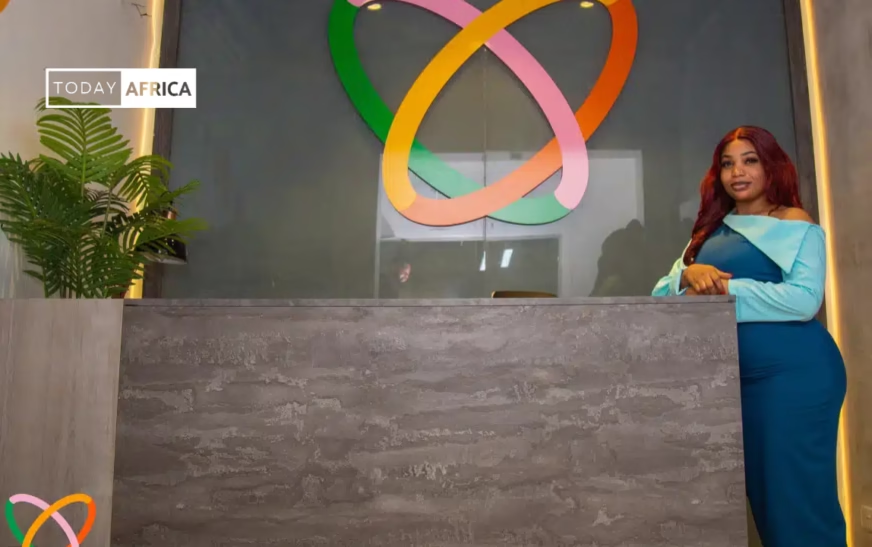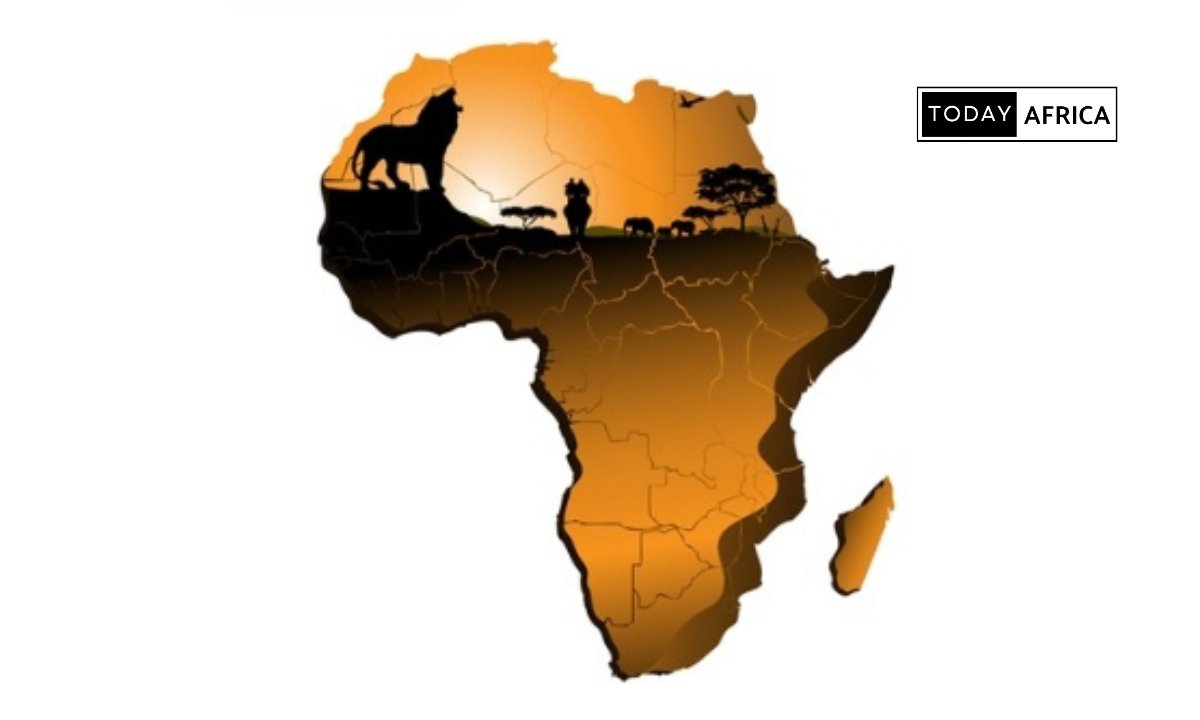Flutterwave is taking a big step toward making digital currencies more useful for businesses in Africa.
The fintech giant has partnered with Polygon, a popular blockchain network, to let merchants send and receive payments using stablecoins, digital currencies pegged to traditional money like the US dollar.
Under this multi-year deal, Polygon will be the default blockchain for Flutterwave’s new cross-border payments service.
The plan is to pilot the program in 2025 with a small group of verified merchants, then expand to all users through Flutterwave’s Send App in 2026.
This move comes after Flutterwave joined the Circle Payment Network earlier in 2025, signaling a clear interest in stablecoins as a new way to move money internationally.
“We want to make stablecoins another alternative for our merchants, something as easy and accessible as fiat,” said Vincent Yang, Flutterwave’s Senior Product Manager for Stablecoins and Cryptocurrency. “We’ll start small with verified merchants before expanding into consumer remittances.”
Initially, Flutterwave will use USDC, the stablecoin issued by Circle, which will also support liquidity and issuance. The first rollout will focus on enterprise clients like Uber and Audiomack, who already rely on Flutterwave for regional payments.
Cutting costs and speeding up payments
Africa’s cross-border payments market is huge, worth around $2 trillion, but it is also expensive. Transfer fees can average more than 8%, and settlements often take several days.
Flutterwave believes integrating with Polygon could change that.
“Stablecoins on Polygon can reduce settlement times from days to seconds and high fees into pennies,” said Marc Boiron, CEO of Polygon Labs. “It’s a huge vote of confidence in stablecoins as the future of cross-border payments.”
Flutterwave’s CEO and founder, Olugbenga “GB” Agboola, said the partnership is part of the company’s long-term goal to simplify international payments for African businesses.
“Businesses in emerging economies handle billions in cross-border payments every year, yet face high costs and slow settlements,” Agboola said. “By partnering with Polygon, we’re making international payments easier and more affordable than many local options.”
Related Story: MTN Nigeria declares first dividend since 2023 after returning to profitability
Compliance and easy integration
Flutterwave will initially offer the stablecoin service only to approved merchants who have passed enhanced Know Your Customer (KYC) and Know Your Business (KYB) checks.
The fintech is also working closely with regulators to ensure the service launches in compliant markets.
Merchants won’t need to make technical changes to their systems, as the stablecoin integration is built into Flutterwave’s existing API.
“Globally, over a hundred fintechs already move money on Polygon,” said Aishwary Gupta, Head of Payments and Real World Assets at Polygon. “This partnership brings that innovation to Africa, with real impact on costs, efficiency, and access.”
For Flutterwave, the collaboration is about more than just blockchain; it’s about making commerce easier across Africa. “Our goal is to embed stablecoins into existing financial systems, not replace them,” Yang said. “It’s a step toward smoother trade and payments across the continent.”
While stablecoins have drawn attention worldwide in 2025, regulation remains a challenge in many countries. Nigeria’s Securities and Exchange Commission has taken steps to understand and regulate crypto, but there is still more work to be done.
Leave a comment and follow us on social media for more tips:
- Facebook: Today Africa
- Instagram: Today Africa
- Twitter: Today Africa
- LinkedIn: Today Africa
- YouTube: Today Africa Studio
















